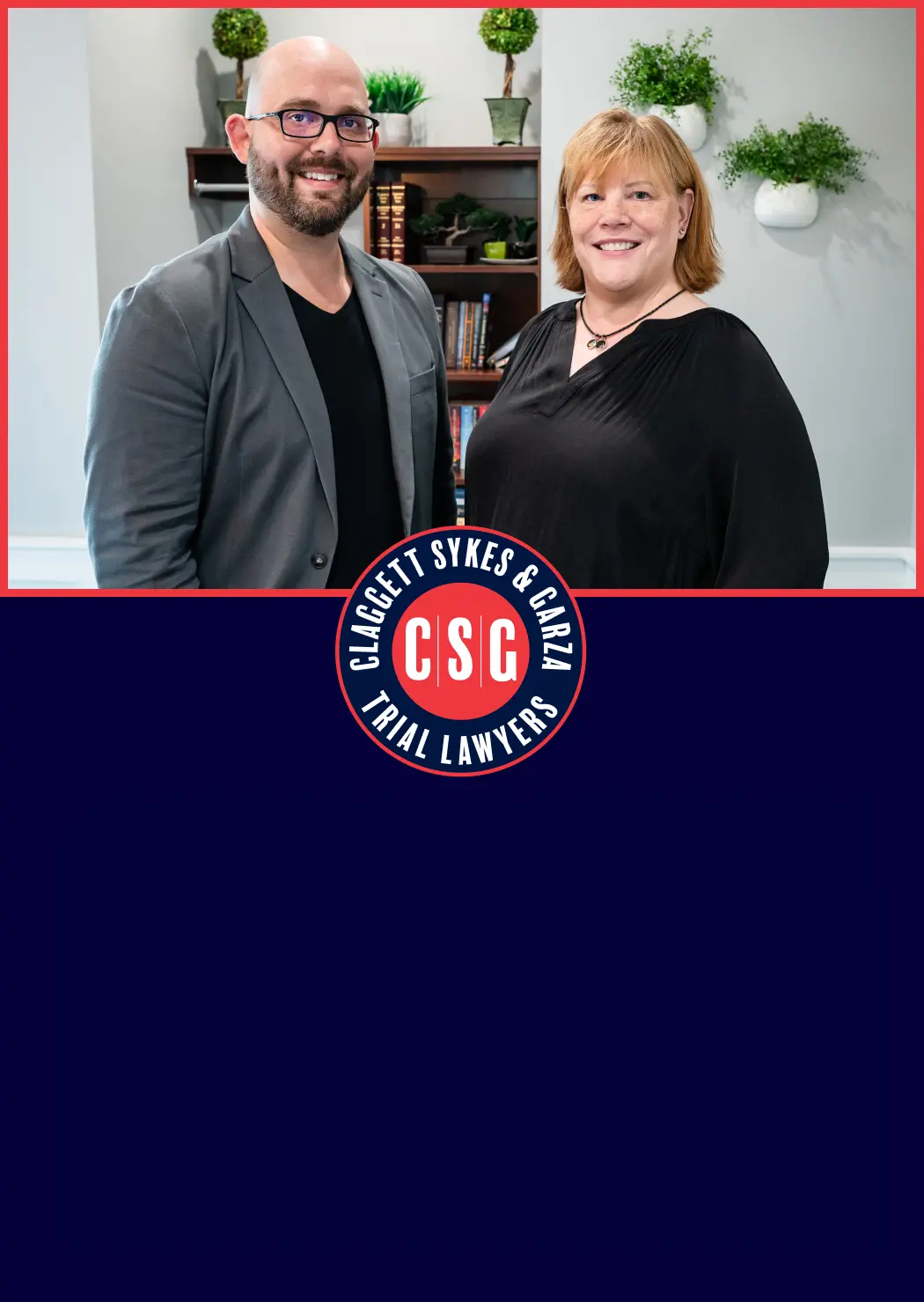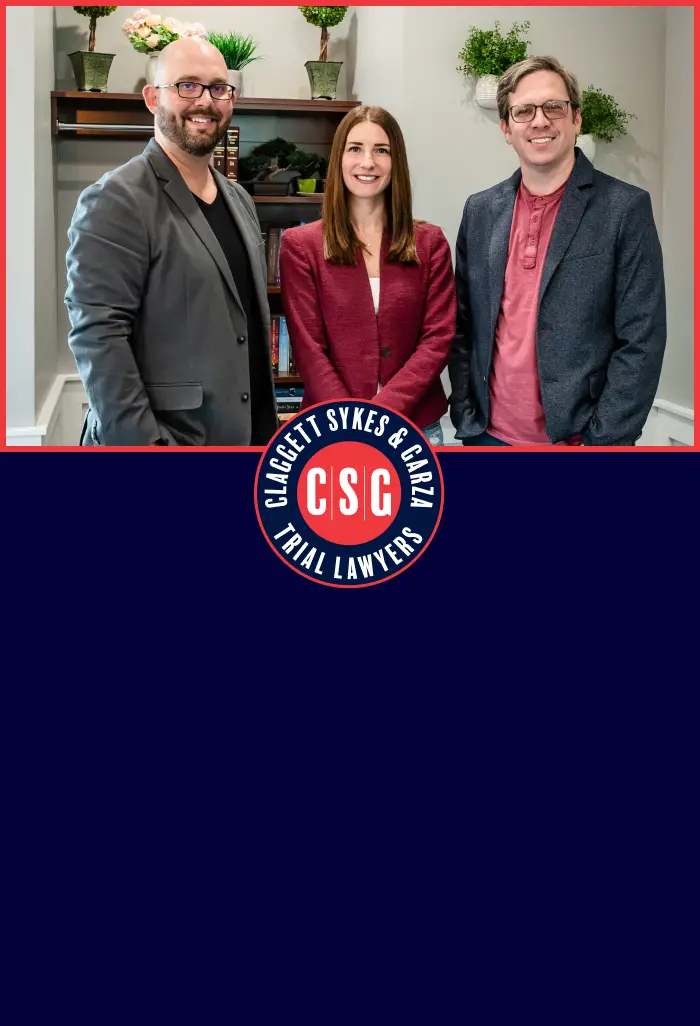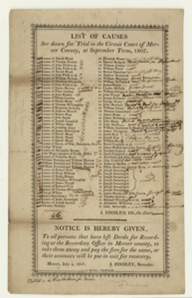Many slip and fall accidents are the result of someone else’s negligence, either because they caused the hazard or they were responsible for fixing it. Property owners have a duty of care in a Manchester slip and fall case which will depend on what type of visitor you are labeled as. A determined slip and fall attorney could work with you to determine what level of care you were owed by a negligent property owner.
What is a Property Owner’s Duty of Care?
A property owner’s duty of care means they have a reasonable duty to keep people safe who enter their property. Property owners have an obligation to keep their property in a reasonable state of repair, to look for defects, and to remedy them in a reasonable way.
For example, if a neighbor falls in the middle of a blizzard on somebody’s sidewalk property, the property owner is not reasonably expected to have cleared their sidewalk. But, if it is two days later, and the sidewalk is still not clear, that is considered unreasonable. The property owner should have cleaned it, put down salt, or warned the person in some way. By and large, a jury makes a determination of what is reasonable and what is unreasonable. The most reasonable duty is not necessarily the most extreme measure. A person does not need to shovel their sidewalk the moment that the snow stops falling, but it is reasonable and prudent to do so within several hours of the weather clearing up.
If the property owner does not have knowledge of their obligations, then that leads to the question of whether they should have known. For example, in a snowstorm, they cannot shut all the windows and blinds, and claim they did not know about the storm, because the standard then becomes whether they should have known. A Manchester lawyer could help a plaintiff explain the duty of care in a slip and fall case.

Injured in an Accident?
Get the Compensation You Deserve. Our Experienced Lawyers Can Help.
Classifications of Visitors in a Slip and Fall Case
A property owner owes the highest standard of care to someone who is labeled as an invitee, meaning someone who was invited buy carisoprodol onto the property. This can include any kind of store customer, restaurant patron, or anyone else whose presence benefits the property owner. It also includes personal guests, such as friends or family members who are invited over to the house for a party. Because the Buckland Hills Mall is a large commercial shopping area, there are invitees all over the place, which necessitates the need for sidewalks and parking lots free from slipping hazards.
Licensees, meanwhile, are individuals who are not explicitly invited onto a property but still have a reason and a right to be there. This includes mail carriers, meter readers, and neighbors walking on sidewalks. Invitees and licensees are owed a duty of care that is not afforded to trespassers.
What Constitutes Trespassing?
Trespassing is an unlawful entry onto a property. If a person breaks into a closed store and injures themselves in a slipping accident, they generally do not have the right to sue because they were forbidden from entering. While it is possible to pursue a slip and fall case for a trespasser in a workers’ compensation context, there is generally no obligation for a trespasser to pursue a case. A person injured in a local slip and fall case could ask a lawyer if they were owed a duty of care for their specific circumstance.
Attractive Nuisances for Children
If a child is caught trespassing, they are typically subject to the attractive nuisance doctrine. The attractive nuisance doctrine says that children do not have the same judgment capabilities as adults, so if they see something on somebody else’s property that they are drawn to, they will not suffer legal consequences for approaching it. Under Connecticut law, the most common sort of attractive nuisances on people’s properties are trampolines and swings.

Suffered a Personal Injury?
Let Us Fight for Your Rights and Maximize Your Compensation.
Speak to a Slip and Fall Attorney About Property Owners’ Duty of Care
All property owners or managers have an obligation to keep their premises safe for others. If you believe someone violated their duty of care in a Manchester slip and fall case, call a lawyer for legal guidance. You could be entitled to compensation for your injuries.

